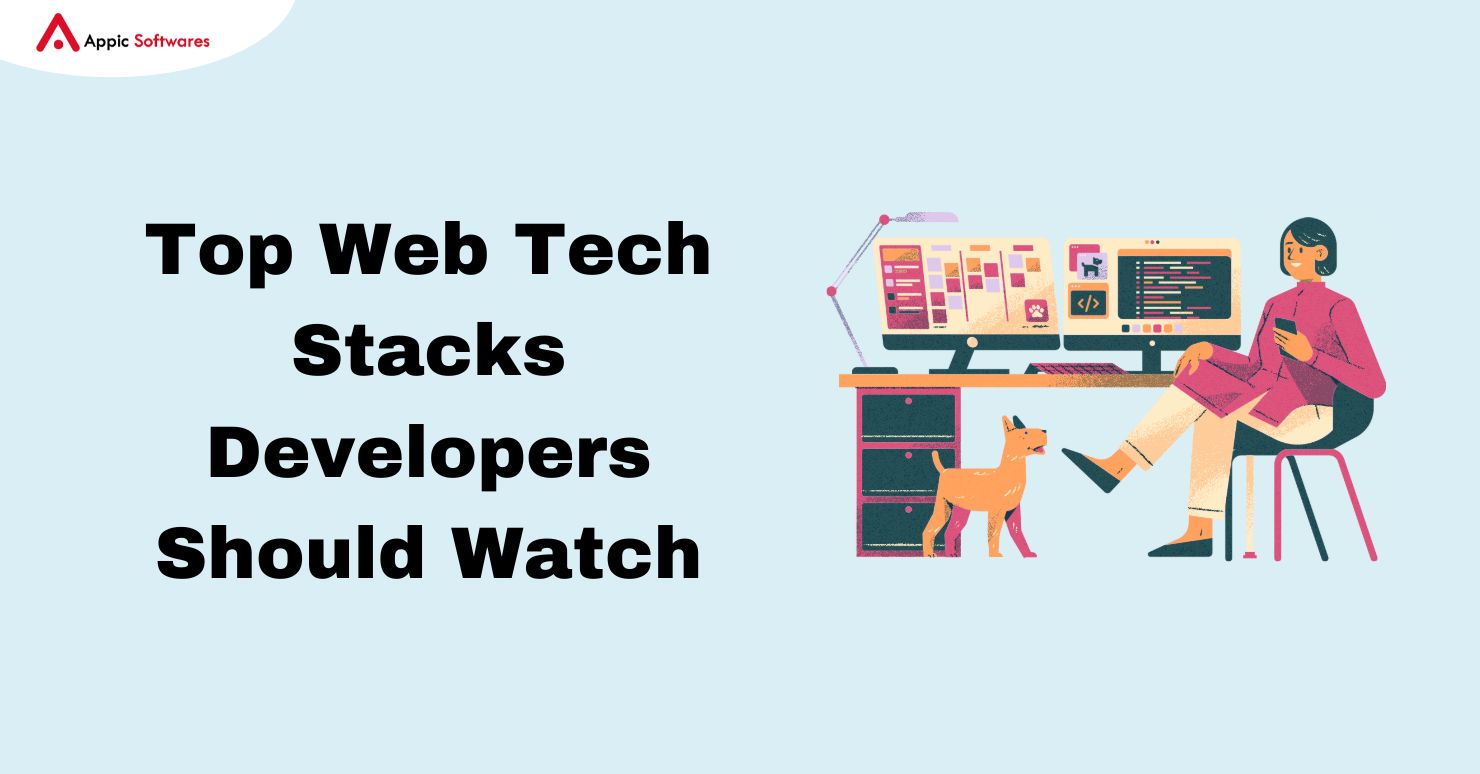
The real estate sector has experienced a notable technological revolution in recent times, leading to the widespread usage of the term “proptech.” However, this idea is so expansive that it’s possible you’re not even aware that the tool you’re using truly refers to proptech.
We hope to clarify the fundamentals of proptech in this guide, outlining its characteristics and current developments, as well as the primary drivers of its increasing impact on the global real estate market. Indeed, there is a great deal on our minds!
Brief overview of real estate
Let’s first discuss the real estate market in general before attempting to answer the question “What is proptech?”By the end of 2024, the real estate market is predicted to reach a staggering valuation of $637.7 trillion, according to Statista.
Real estate is surprisingly still one of the industries least affected by digital transformation, demonstrating the enormous opportunity for automation. Within all of this, proptech has become a force to be reckoned with, gaining momentum quickly and presenting unexplored prospects in the real estate sector.
What is proptech?
In a nutshell, proptech, or property technology, refers to a collection of digital products intended to improve and simplify several facets of the real estate sector. It turned out to be a game-changer, completely altering the way we purchase, trade, and oversee real estate.
Proptech real estate solutions cover every step of a property’s lifecycle, including:
- Design and construction;
- Technical equipment;
- Financial assessment;
- Management (buying, selling, leasing, renovating, etc.);
- Booking.
Proptech is expected to rise at a noteworthy compound yearly growth rate (CAGR) of 9.3% between 2023 and 2033, according to Future Market Insights. The market is expected to grow from $19.6 billion in cash equivalents in 2023 to $47.8 billion by 2033. This implies that a growing number of businesses will soon offer cutting-edge goods and services to enhance the effectiveness, openness, and user experience of real estate transactions and administration.

Top proptech startups
Look up to the best if you intend to release an app in the proptech real estate space. These are some instances of proptech startups that have transformed conventional methods and reshaped the real estate industry’s future.
Trulia
The thriving American online real estate company Trulia has skillfully incorporated user participation and innovation into its platform. Customers can purchase, sell, and rent houses with the aid of Trulia. However, the interactive map overlays, which provide a fascinating look into local dynamics, are its most notable feature.
Users can learn about average age, education levels, and crime rates in the area through clever visualization. It gives useful insights while transforming neighborhood exploration into an interesting and thrilling experience.
Snappt
Snappt is a platform for AI-driven fraud detection that combats fraud in the never-ending war against fraud. The company says they have an amazing 99.8% success rate in detecting fraudsters and are the only system that can check 100% of papers from financial institutions.
Snappt is the go-to protector in an environment where efficiency and trust are paramount, providing a haven for both banks and property management companies.
Guesty
Guesty is a hassle-free short-term rental management platform with options for all kinds of properties, including aparthotels, guesthouses, and outdoor stays. By forging strong partnerships with market leaders such as Booking.com and Airbnb, Guesty has established itself as a reliable partner.
By fully utilizing automation, the platform expedites several procedures, including bookings, listings, communications, reviews, and payment processing. As stated differently, Guesty makes sure that your property management experience is seamless.
Types of proptech
Let’s examine the primary real estate proptech categories, each of which is fostering a more promising future for the sector:
- Building Technologies: Through inventions like robotics, 3D printing, modular building, and architecture apps, Proptech is transforming the construction industry. This increases efficiency through accelerated design iterations, shortened construction schedules, enhanced accuracy, and resource optimization, all of which lower costs.
- Smart Home Technologies: Proptech integrates Internet of Things (IoT) technologies into the domain of smart houses. Through real-time monitoring, residents can optimize energy use, increase security, and regulate many aspects of their homes remotely.
- Platforms for property management: Acting as central hubs, these systems automate duties including communication, maintenance requests, and rent collecting. User-friendly interfaces allow owners and tenants to monitor financial transactions, manage properties with ease, and quickly attend to each other’s requirements.
- Real Estate Fintech: Fintech services are essential to the safe and open transactions of real estate between buyers and sellers in the field of real estate proptech. Leading the charge in this revolution is blockchain technology, which reduces the possibility of fraud while also providing record security and accuracy.

Key benefits of proptech real estate
Given that proptech alters the basic dynamics of real estate, let’s list the concrete benefits it highlights:
Increased output
Property administration takes a lot less time and effort thanks to real estate proptech systems that automate repetitive chores, optimize workflows, and facilitate effective communication. Proptech assists real estate players in refocusing their attention toward more strategic decision-making and improved customer interactions. This includes automated document generation and real-time collaboration between buyers and sellers.
Increased openness
A new era of transparency in the real estate industry is brought about by proptech. Property transactions become more secure with the use of blockchain technology, while smart contracts guarantee that all parties have access to the correct records. Increased transparency like this makes the real estate market more stable.
Savings on costs
The real estate ecosystem benefits from actual cost savings through proptech integration. The automation of transaction processing and property management decreases the demand for manual labor. Additionally, proptech makes predictive analytics possible, enabling more intelligent decision-making regarding investments, building projects, and the strategic use of resources.
Making decisions based on data
Proptech uses data analytics to give real estate professionals insightful information that makes decision-making easier. Stakeholders can make the best decisions to minimize risks and increase revenues by analyzing market trends and client preferences. Faster decision-making thus becomes a competitive advantage that aids in quickly adjusting to shifting market conditions.
smooth user interface
Proptech puts the user experience first by designing a path that is more focused on the user. Virtual property tours, online contracts, user-friendly interfaces, and quick transactions all contribute to a more successful experience for both property owners and tenants.
enhanced marketing
Proptech offers cutting-edge resources to improve marketing campaigns. Proptech systems direct marketing efforts towards the most relevant audience by matching properties with the individual tastes of potential purchasers, hence optimizing efficacy.
Technology trends in proptech real estate
Which technological developments are influencing the direction of proptech development going forward? Four key factors are listed below that will propel real estate into the next phase of innovation.
Human-machine intelligence (AI)
Artificial intelligence (AI) has emerged as a crucial tool in the proptech real estate space, offering insightful data and powerful automation features that improve user experiences in the process. With the use of predictive AI analytics, investors and real estate brokers may make highly accurate and well-informed decisions by foreseeing market trends, property valuations, and investment prospects.
Artificial intelligence (AI)–powered chatbots and virtual assistants facilitate the home buying and rental process by offering prompt answers to questions, arranging property tours, and helping with lease agreements. Furthermore, property seekers can be guaranteed to be given options that are pertinent to their needs through personalized property suggestions that are derived from user behavior and interests.
AI can also play a significant role in smart building energy optimization, which can support cost reductions, sustainability, and the industry’s dedication to environmentally friendly practices.
Augmented and Virtual Reality (VR/AR)
VR and AR technologies stand as dynamic catalysts, revolutionizing the way people visualize both future and existing homes. Beyond conventional limits, virtual property tours and augmented reality overlays provide immersive experiences without actually visiting a physical area. Prospective purchasers can easily virtually tour properties to get a true feel of layout and size.
VR and AR are also useful in the construction industry for project previewing, even before building commences. To improve accuracy and lower errors throughout the building phase, it is essential to give engineers and architects access to real-time data, including construction plans, measurements, and equipment positions.
Block Chain
Closing a real estate deal by going to a bank is a thing of the past. Another proptech real estate development that is bringing security and transparency to incredibly quick transactions is blockchain. Furthermore, blockchain ensures confidence between stakeholders in real estate transactions by using smart contracts on a decentralized ledger.
Blockchain is an impenetrable technology that lowers the possibility of fraud. Every property record is protected from illegal modifications, ensuring a transparent ownership history. As such, blockchain minimizes disputes and increases overall confidence in the real estate market.
Internet of Things (IoT)
By connecting physical devices and sensors to the internet, IoT transforms buildings into smart, data-driven spaces. Such a strategy in real estate translates into increased security, predictive maintenance, and energy efficiency.
Smart devices, from tiny sensors to security cameras, can be interconnected and allow property owners or managers to remotely monitor various aspects of a building. This lowers operating expenses while also assisting in the early detection of possible problems. In essence, IoT brings a new level of connectivity and intelligence to real estate, making buildings more sustainable and comfortable.

The future of proptech
We think there’s no arguing with the expansion of proptech in the future. The growing importance of environmental, social, and governance (ESG) problems in the sector is demonstrated by a recent Deloitte study. Approximately 60% of real estate respondents stated that their companies are gaining a competitive advantage thanks to ESG activities, and they are willing to spend money on technological solutions to increase their operational effectiveness.
As a result, more aspirational proptech companies are likely to emerge, continuing to provide cutting-edge blockchain, IoT, AI, and ML solutions.
Stakeholders should anticipate additional disruptions to established paradigms as proptech becomes more integrated into the real estate industry. Proptech startups and established real estate firms are expected to collaborate more in the industry, which will promote innovation and create a more dynamic ecosystem. Thus, now is the perfect moment if you have an innovative proptech idea or have already built an MVP!
In summary
When asked to summarize proptech, we would describe it as a revolutionary force that is transforming the real estate sector. We hope that this post has given you a better understanding of this concept’s enormous potential and fascinating capabilities.
Now, in the end, we hope that through this post you were able to gain knowledge on what exactly is proptech. However, if you are looking for a company that can help you create protected software, then you should check out Appic Softwares.
We have an experienced team of developers that can help you with the development. So, what are you waiting for?
FAQ
Proptech real estate: What is it?
The term “property technology,” or “proptech,” describes a variety of digital tools that improve several facets of the real estate sector. Tools that simplify property transactions, management, and general operations are part of this notion.
What is the purpose of proptech?
Proptech refers to a range of products and services that improve the efficiency, transparency, and user experience of purchasing, selling, and managing real estate. Examples of these products and services include blockchain applications, property management platforms, and smart home technology.
What technological trends are there in proptech?
The usage of blockchain technology for safe transactions, IoT devices for smart building management, and virtual and augmented reality (VR and AR) for property visualization are some of the key technological advancements in proptech. These developments are modernizing antiquated industrial methods and influencing the direction of real estate.
What advantages can proptech provide the real estate industry?
Proptech has many advantages in the real estate industry, such as increased efficiency, openness, financial savings, data-driven decision-making, seamless user experiences, and tech-savvy marketing tactics.
Which startups and proptech companies are the largest?
Prominent proptech startups comprise Trulia, OpenDoor, Zillow, Airbnb, and Guesty. These businesses are at the vanguard of innovation, providing everything from innovative models in real estate and hospitality to Internet markets.








